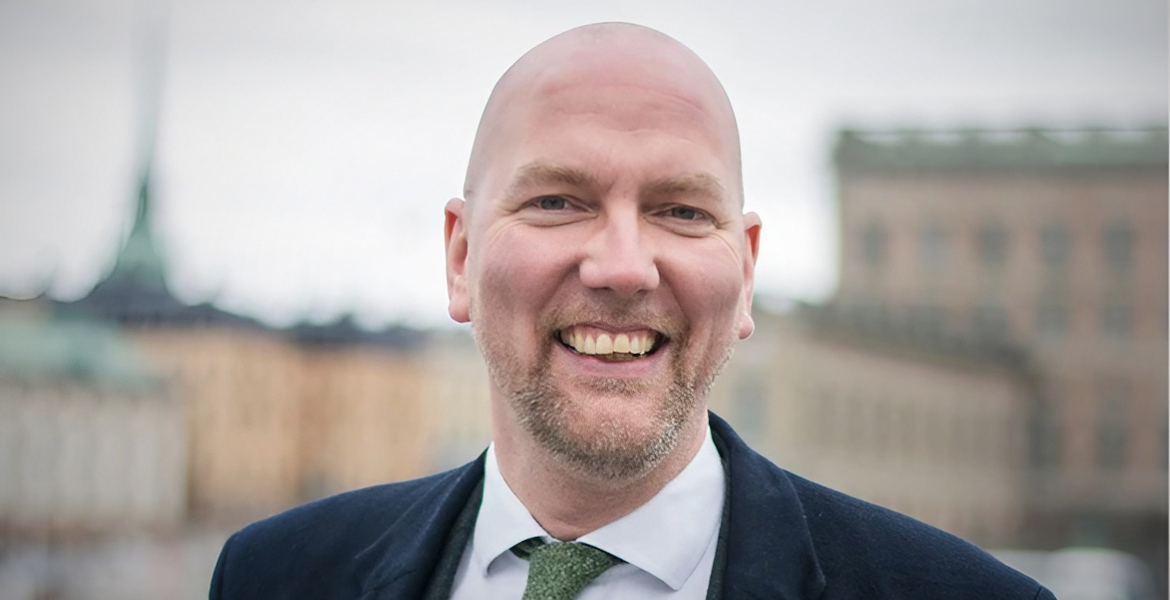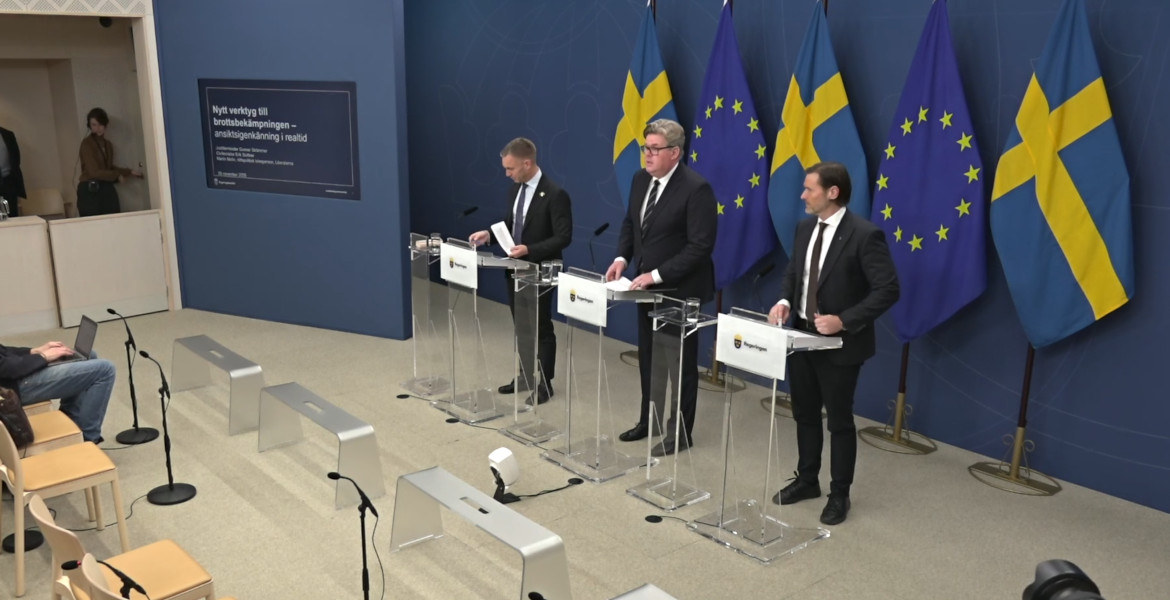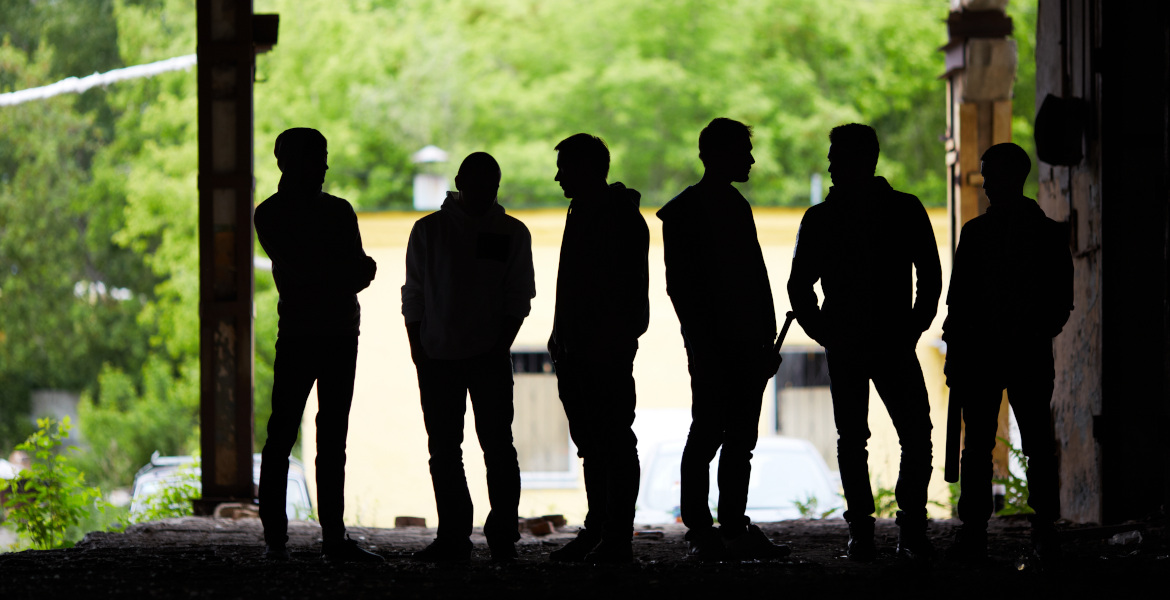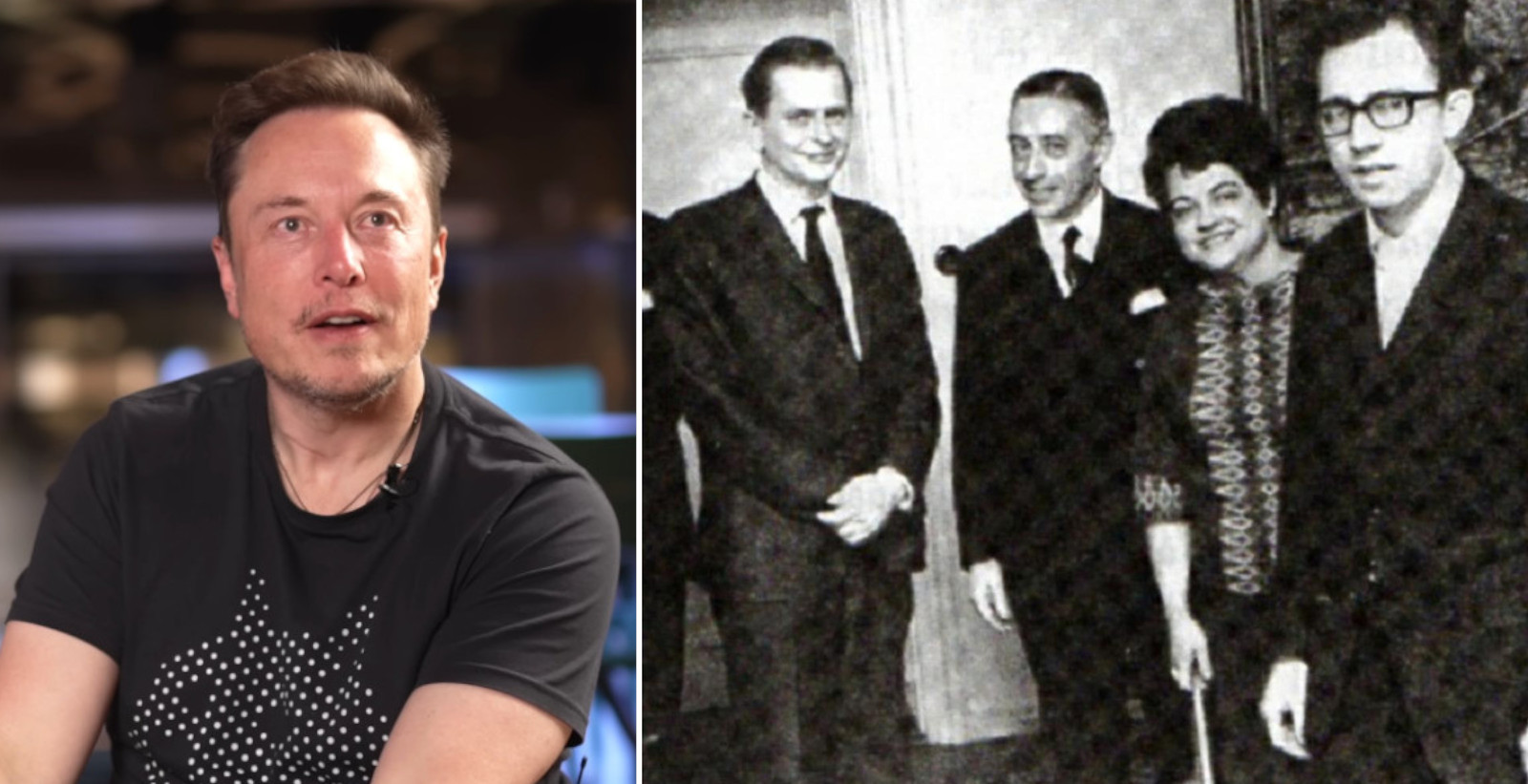The Centre Party’s Gustav Hemming, suspected of sexual offenses, has still not received a decision on the multi-million kronor severance package he applied for after leaving his posts.
The former top C politician, however, refuses to accept the delay - and continues to pressure Region Stockholm with emails demanding to know whether he will receive taxpayers' money or not.
The Nordic Times has previously noted how the Center Party's regional councilor in Stockholm, Gustav Hemming, was forced to resign after it was discovered that he masturbated in front of a 13-year-old boy on a train.
In January, the Prosecutor’s Office also announced that Hemming had been officially notified of suspicion of sexual molestation of a minor and risks up to two years in prison if convicted.
Less than an hour after stepping down, Hemming prioritized applying for compensation from the remuneration board – potentially receiving as much as SEK 15 million (€1.3 million) from taxpayers.
However, the decision from Region Stockholm has not been made as quickly as the suspected politician would have liked – and in several emails, an upset Hemming demands that those responsible explain themselves.
"Significant inconvenience for me"
In February alone, Hemming sent four emails pestering about the money – even though he was told the matter was under review and that he would be informed as soon as the remuneration committee made a decision. The liberal politician was not satisfied with that answer and continued to send emails on the same topic, according to reports from the Bonnier newspaper Expressen.
"It does not seem to me to be in line with good administrative practice or good contractual compliance that a personal matter can remain unprocessed for an unlimited period of time, even if it is the subject of a decision in a politically elected body", Hemming complains in one of the emails.
"I would not bother and insist on this issue were it not for the fact that the absence of a decision causes significant inconvenience for me and because the delay is now longer than can be justified by the difficulty of finding a meeting date for a body consisting of two people", he continues in another message.
No decision on prosecution yet
By now, officials have stopped responding to Mr. Hemming's repeated requests, but that doesn't stop him from continuing to demand answers about what happens to the money he feels entitled to.
"I'm sorry to bother you, but another month has now passed without a response in my case, and in these times, obstacles to financial planning are a significant inconvenience", the C politician says, arguing that he is entitled to an explanation of why the case is dragging on and "where the perceived complexity lies".
Region Stockholm's press office states bluntly that no decision has been made yet – and that there is no set date when the decision will be made.
Meanwhile, the preliminary investigation against Gustav Hemming is coming to an end, but the prosecutor has not yet decided whether to bring charges for the sexual assault on public transport.





